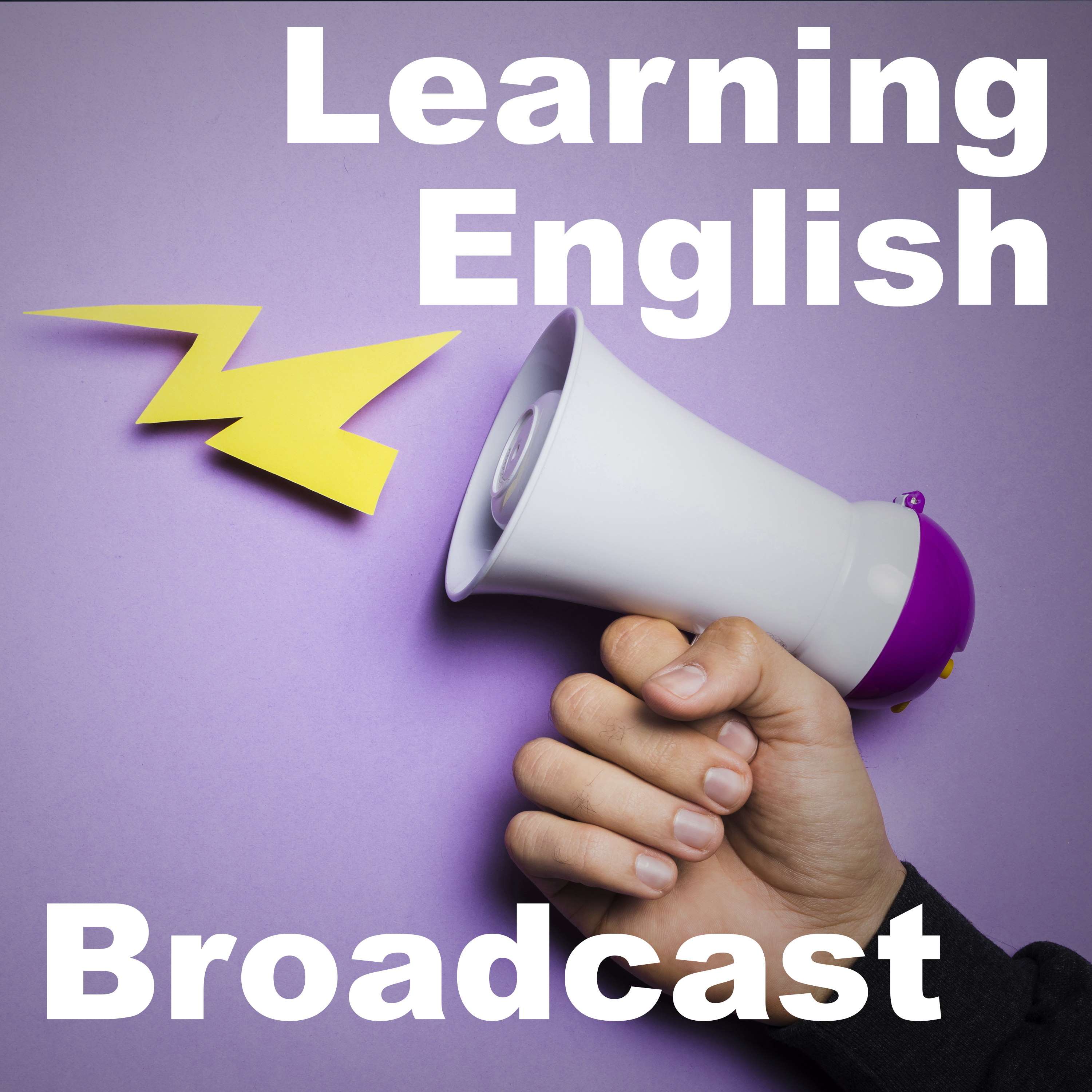We're sunsetting PodQuest on 2025-07-28. Thank you for your support!
Export Podcast Subscriptions
Learning English Podcast - February 22, 2025
2025/2/22

VOA Learning English Podcast - VOA Learning English
A
Andrew Smith
Andrew Smith: 我来解释一下英语中 extend, expand, stretch 和 enlarge 四个动词的用法。它们都可以表示体积或数量的增加,但侧重点不同。extend 常用于指时间的延长,也可以指范围或数量的扩大,例如延长学年、将新规应用于所有员工或扩展知识范围。expand 通常指项目或计划规模的扩大,也指包含更多人员,例如扩大项目以纳入发展中国家的人员或扩展业务以覆盖更多客户。stretch out 指延长活动持续时间,stretch 还可以指提升能力,这可能需要付出努力,例如学习新语言可以提升思维能力。enlarge 只指尺寸或范围的增加,不涉及时间的延长,例如扩大研究团队。
Faith Perlow & Jill Robbins: 在谈论生日时,我们可以用不同的方式表达。回答"你的生日是什么时候?"这个问题时,可以用季节、月份或日期。描述年龄时,可以使用现在时、将来时或过去时,并且可以使用动词 "turn" 来表示达到某个年龄。谈论生日计划时,可以使用 "I want to"、"I would like to" 或 "I'm going to" 等表达方式。询问或描述过去的生日经历时,可以使用过去时态。询问生日礼物时,"What do you want for your birthday?" 指的是礼物本身;"What do you want on your birthday?" 指的是生日当天想做什么。
Kay Gallant: 故事讲述了Giovanni Guasconti在意大利北部学习期间,发现并被Rappaccini医生花园里的植物和他的女儿Beatrice吸引。Giovanni向一位教授打听Rappaccini医生,得知他是一位伟大的科学家,但也危险,因为他更关心科学而非人命,并利用花园里的植物制造毒药。Giovanni对Beatrice的美丽感到着迷,但也害怕,因为他目睹了蜥蜴和蝴蝶接触到花园植物后死亡的场景。Baglioni教授警告Giovanni,他可能是Rappaccini医生实验的对象。
Deep Dive
This chapter focuses on the nuances of four English verbs: extend, expand, stretch, and enlarge. It clarifies their usage in different contexts, particularly when describing an increase in size, scope, or duration. Examples are provided to illustrate the subtle differences between these terms.
- Explains the difference between extend, expand, stretch, and enlarge.
- Provides examples to illustrate the correct usage of each verb.
- Highlights the contexts where each verb is most appropriate.
Shownotes Transcript
On this podcast, we answer a Chinese listener’s question about the words ‘extend,’ ‘expand,’ ‘stretch’ and ‘enlarge;’ how do English speakers talk about birthdays? Then, part one of ‘Rappaccini’s Daughter’ by Nathaniel Hawthorne on American Stories.